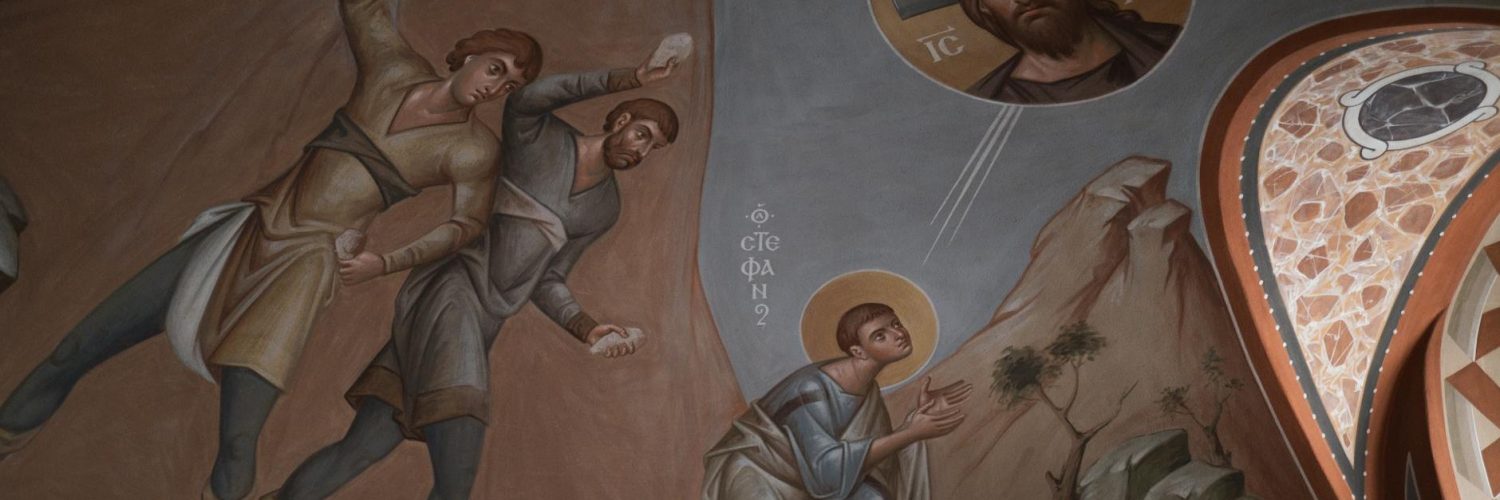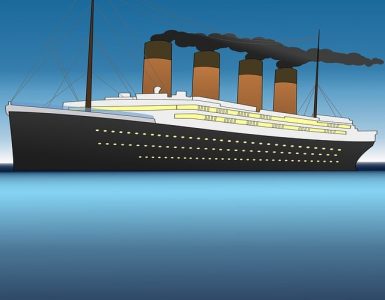History, as we often learn it, can feel like a neatly packaged narrative. Kings and queens, wars and treaties, scientific breakthroughs and artistic revolutions – all presented in a fairly linear fashion. But the truth is, history is messy, chaotic, and full of surprising twists and turns. It’s brimming with quirky stories, forgotten players, and unexpected consequences, the kind of stuff that would make even the most seasoned historian raise an eyebrow.
Take, for example, the signing of the Declaration of Independence. We all know the iconic image: fifty-six brave men, putting their names to a document that would forever change the course of history. But did you know that the signing wasn’t this grand, unified event? It was a drawn-out process, with some signers adding their names weeks, even months, later. Some were hesitant, some were out of town, and others simply had better things to do. The myth of a single, dramatic signing is a romanticized version of a more complex reality.
Or consider the story of the Great Fire of London in 1666. While the devastation was immense, leading to the deaths of thousands and the destruction of much of the city, there’s a curious side to the story. The fire, while tragic, inadvertently led to improvements in city planning and architecture. The rebuilding process resulted in wider streets, better sanitation, and a more organized city layout, ultimately making London safer and healthier than it had been before the catastrophe. Disaster often breeds innovation, a lesson often overlooked in the somber recounting of such events.
We tend to focus on the big names, the famous battles, and the pivotal moments. But history is made up of countless smaller stories, often overlooked, that collectively shape the grand narrative. The everyday lives of ordinary people, their struggles, their triumphs, their quiet acts of rebellion – these are the threads that weave the rich tapestry of the past. Think about the role of women, often relegated to footnotes in historical accounts. Their contributions to society, their resilience in the face of adversity, their often-unsung acts of bravery, should be more than just a side note; they should be central to our understanding of history.
Another often-missed detail is the impact of seemingly insignificant inventions. The humble printing press, for instance, didn’t just revolutionize the dissemination of knowledge; it also inadvertently contributed to the rise of nationalism and the spread of new ideas. The ability to mass-produce books meant that more people had access to information, fueling intellectual discourse and ultimately leading to major social and political upheavals. The seemingly simple innovation of the printing press had far-reaching and unforeseen consequences.
Let’s delve into a more curious tale: the story behind the infamous “Great Molasses Flood” of Boston in 1919. A massive tank of molasses, holding 2.3 million gallons, burst open, unleashing a sticky, devastating wave that swept through the city’s streets. Twenty-one people died, and many more were injured. The sheer scale of the disaster is remarkable, but it also offers a curious lesson in unexpected consequences. The tank itself was poorly designed and constructed, a result of shortcuts and cost-cutting measures. The disaster highlighted the dangers of industrial negligence and the unforeseen consequences of prioritizing profit over safety—a lesson that sadly remains relevant today.
This incident isn’t just a quirky historical footnote; it’s a powerful reminder of how seemingly mundane events can have catastrophic results. It forces us to consider the human cost of negligence and the interconnected nature of seemingly unrelated systems. The Great Molasses Flood, bizarre as it sounds, serves as a poignant example of how historical events aren’t always confined to grand narratives of wars and political intrigue but can also be found in the unexpected failings of everyday structures.
Exploring these unexpected twists adds a layer of richness and complexity to our understanding of the past. It helps us appreciate the human element within history – the mistakes, the accidents, the unintended consequences – that often shape the world we inhabit today. Looking beyond the standard historical narratives allows us to develop a more nuanced and comprehensive perspective, one that acknowledges the messy, unpredictable, and often surprising nature of human history.
History is not just a collection of facts and dates; it’s a living, breathing story, full of unforeseen twists and turns. By digging a little deeper, by exploring the unexpected connections and the forgotten stories, we can gain a deeper appreciation for the complexity and richness of the human experience throughout time. So, the next time you read a history book, remember that there’s always more to the story than meets the eye. There are hidden connections, forgotten perspectives, and untold tales waiting to be discovered. All you need to do is look a little closer.

























Kommentar hinzufügen